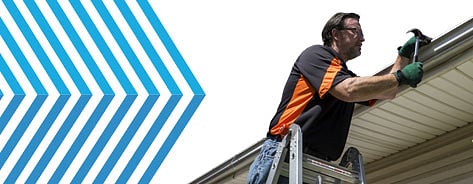News Room
Nearly 30% of South Africans underinsured:
Quote & Buy
Car Insurance
Home Insurance
Business Insurance
Other Products

Its all Insurance

Its all Insurance

We spend a lot of energy protecting ourselves from the cold weather, but what about our most valuable assets? Our houses and cars can take a knock in the winter months, often resulting in expensive repairs and replacements.
All maintenance companies will tell you that prevention is far cheaper than having to fix something after the fact.
The information contained in this article is for information purposes only and does not constitute professional advice.
For an affordable insurance quote, click here.

We Have Great Insurance Products
Protect your most valuable possessions with our affordable insurance quotes for vehicles, home contents, buildings, and businesses.

News Room
Nearly 30% of South Africans underinsured:
 June 27, 2025
June 27, 2025

News Room
Nearly 30% of South Africans underinsured:


House & Home
Common Things Not Covered By Your Home Insurance
 March 07, 2023
March 07, 2023

House & Home
Common Things Not Covered By Your Home Insurance


Entertainment for you
Cupid Approved Valentine’s Day Ideas That Won’t Empty Your Wallet
 February 12, 2025
February 12, 2025

Entertainment for you
Cupid Approved Valentine’s Day Ideas That Won’t Empty Your Wallet
